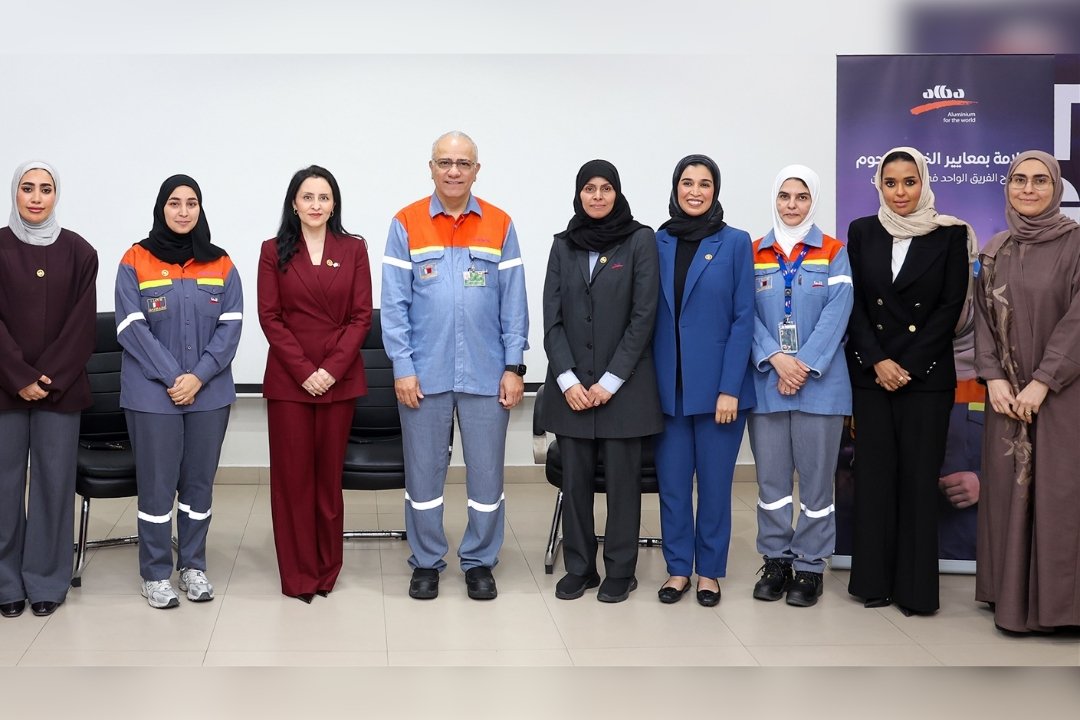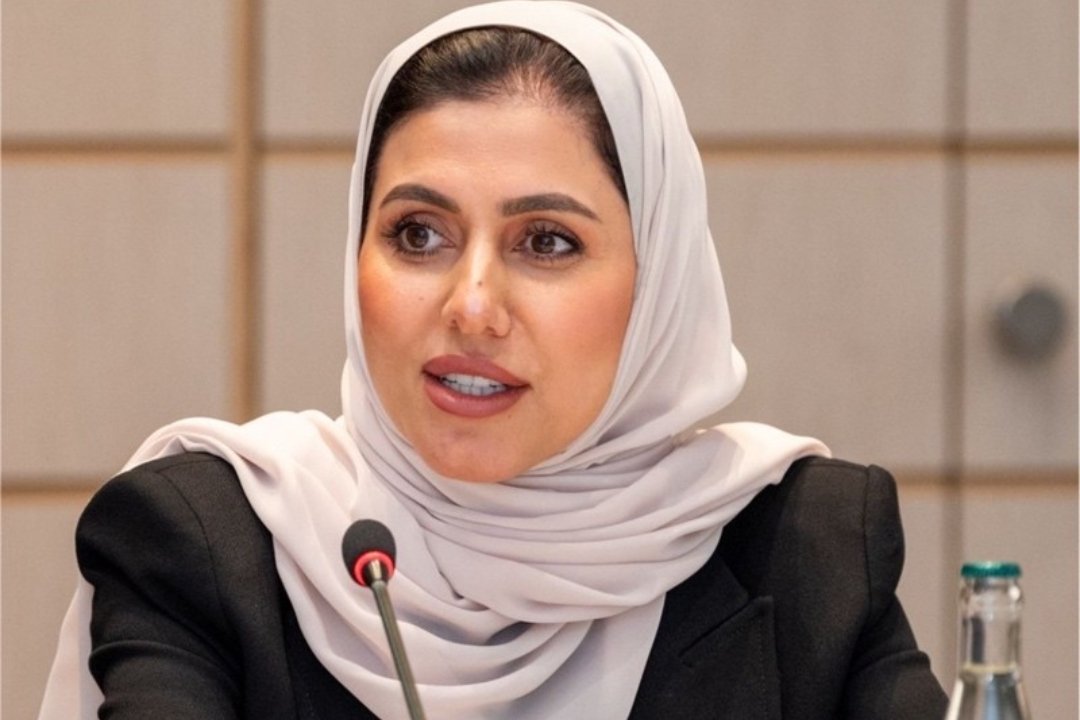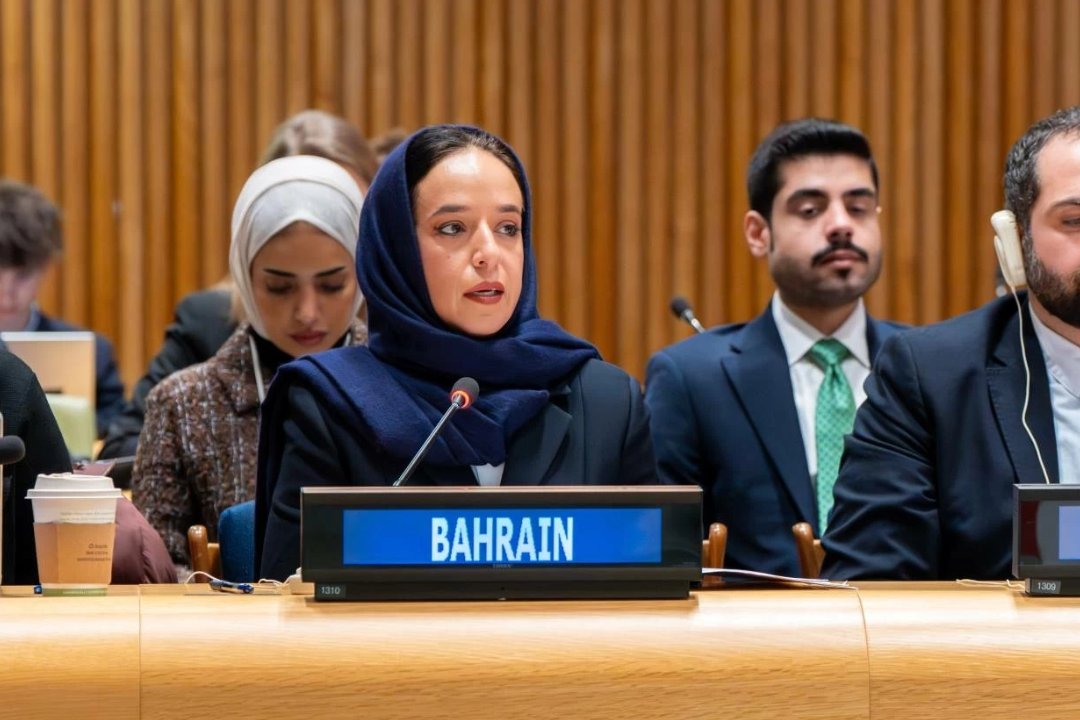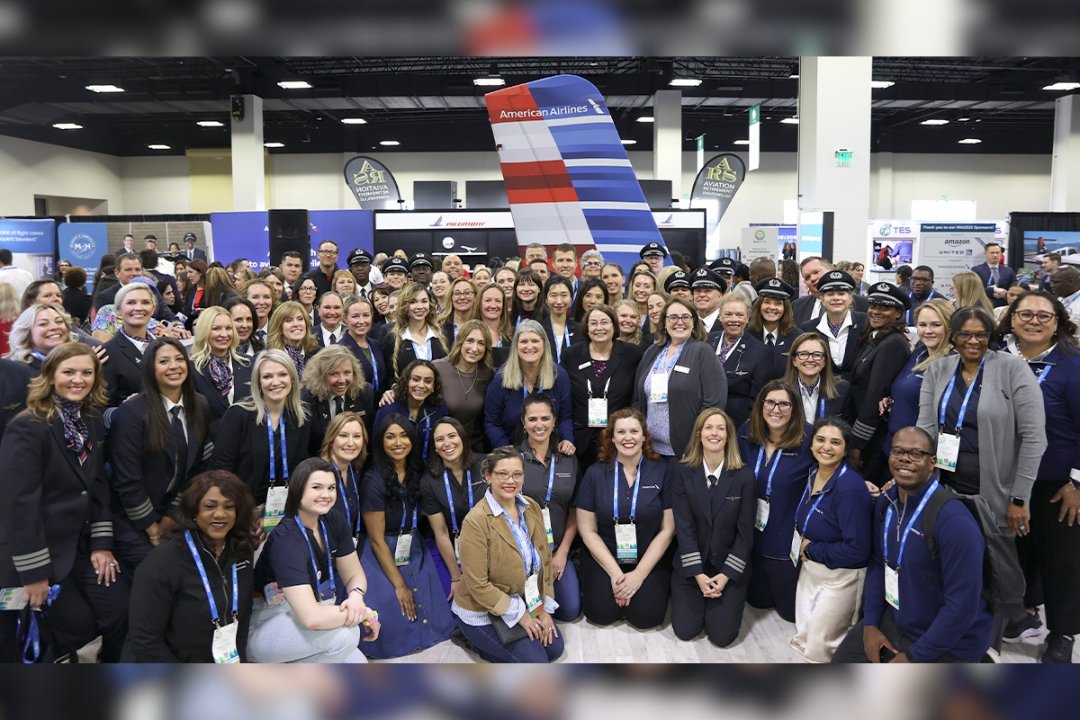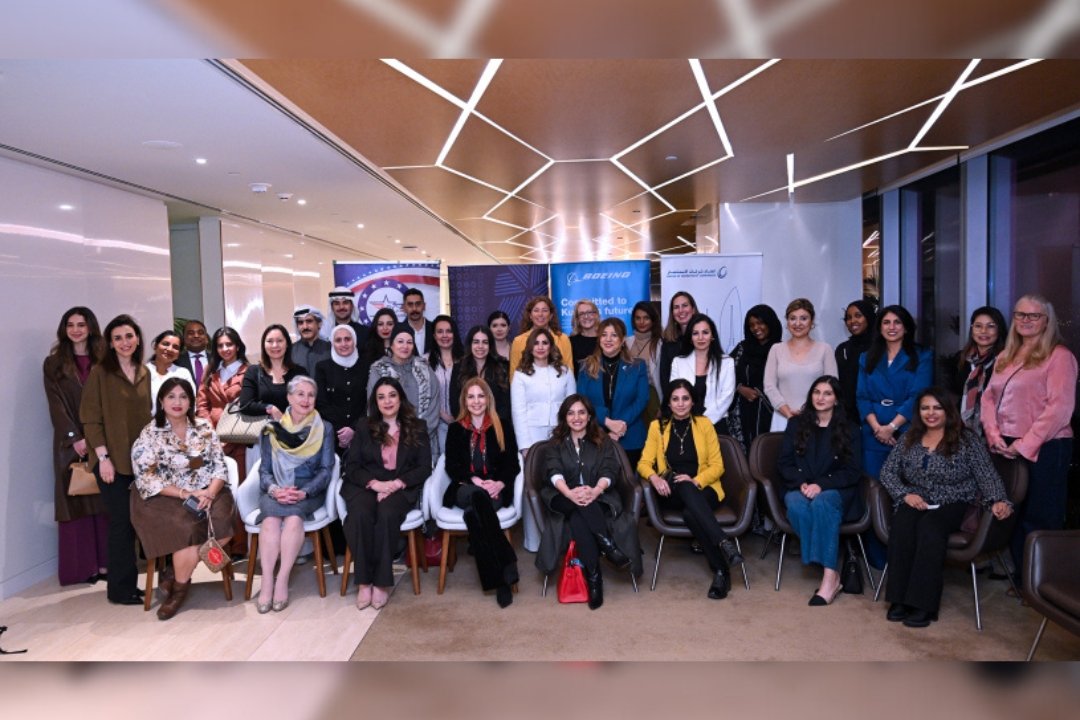
In today’s world, where the sky seems to be the only limit, the aviation industry is reaching for new heights by bringing more women into its ranks. Though aviation has long been seen as a male-dominated field, the winds of change are definitely blowing, and they’re bringing a refreshing shift to the industry’s traditional ways.
For many years, aviation has been a world where men have taken the lead—think Wright brothers and pioneering space missions.But as we head further into the 21st century, the industry is waking up to the fact that it needs more women on board.
Those days are over when women were just expected to stay in the passenger cabin instead of flying the plane or working in the control tower. Modern airlines understand that attracting female talent isn’t just about fairness; it’s also about boosting efficiency and innovation.
This change is partly due to a major shortage of skilled professionals. With a growing demand for pilots, engineers, and aviation experts, it makes sense to tap into the vast, underutilised pool of female talent. Diversity brings fresh perspectives and new problem-solving approaches—exactly what the industry needs to tackle its future challenges.
Companies everywhere are really starting to focus on gender diversity, equity, and inclusion (DEI) at work. They’re realising that having a mix of voices and perspectives isn’t just the right thing to do, it’s also good for business. This is proving to be a game-changer for the aviation industry, which has traditionally had a gender imbalance. By embracing DEI, airlines and aviation companies are not only making their workplaces fairer but also tapping into a wider pool of talent. This helps them work more efficiently and bring in new ideas, which are crucial for tackling industry challenges and pushing innovation forward.
Airlines are rolling out various strategies to get more women interested in aviation careers. Scholarships, mentoring programmes, and targeted recruitment drives are becoming the norm. For example, easyJet aims to recruit 200 female pilots by 2025, and British Airways has launched initiatives to inspire young women to consider careers in aviation, whether as pilots or engineers.
But it’s not just about getting more women into the field, it’s also about ensuring they have equal opportunities once they’re there. This means tackling issues like workplace culture, professional development, and career progression. An industry that values diversity will naturally perform better and reach new heights.
Some might view these efforts as just a PR move, but the true measure will be in the sustained commitment and real results that follow. In a few years, we hope to see a significant shift in the industry’s demographics, one that’s both symbolic and meaningful.
In the bigger picture, this push for gender inclusivity could be the key to propelling the aviation industry into a new era of success. If the sector can embrace these changes and create a more inclusive environment, it might just find itself soaring to new heights.
As the industry prepares for takeoff, it’s clear that the future of aviation isn’t just about reaching new destinations but ensuring everyone has a seat at the table or rather, in the cockpit. If these efforts succeed, the sky might no longer be the limit.




